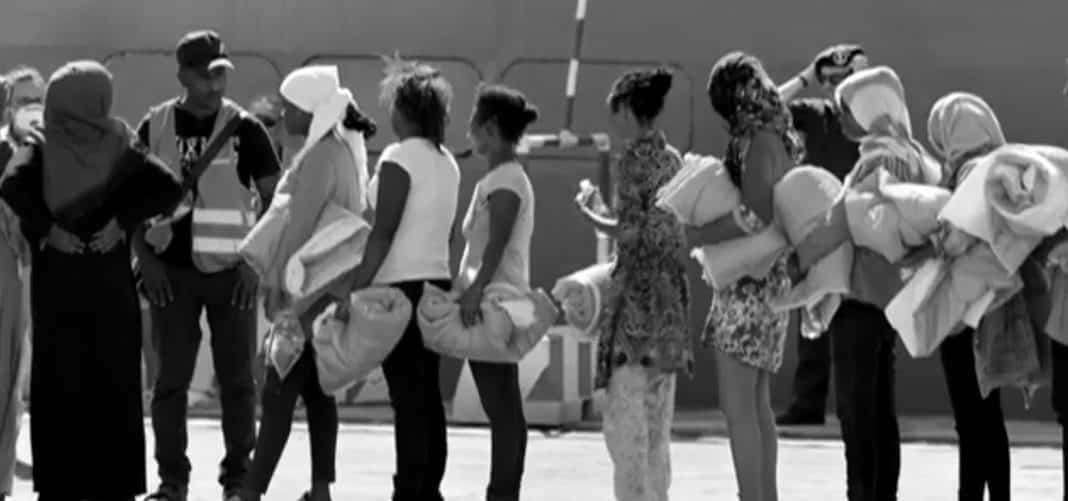New factors and perspectives in the construction of route of economical autonomy of the asylum seekers-victims of trafficking.
The use of asylum seekers’ channel by traffickers to introduce thousands of trafficking victims to Europe, radically change the approach of those who have to manage the reception of these people. It is no longer a matter of welcoming people who are sometimes vulnerable, however independent and in search of a safe and decent life, but women controlled and threatened by a transnational mafia.
It changes the foundation of the migratory project, which in these cases becomes a frantic request for money to pay traffickers and then become free and independent. It changes the decision-making ability on its own, which is effectively overcome by the threats and the smuggling of traffickers. Taking in charge is no longer a bi-directional relationship between operator and person receiving hospitality agreement. Another actor, the trafficker, is added, who unbalances and focuses to his interest the woman’s life. In this perspective, the individual project for the person changes radically.
It is not enough to provide tools and resources to bring the person to independence, but it is necessary to think about an empowerment path, which makes the woman aware of her condition and able to get away from the traffickers’ network.
It is not an easy challenge for the power of the mafia that control the trafficking and the position of subjection and fragility of the victims. The first step to building a project aimed at the autonomy of the person is therefore to put her in a security condition that allows to “renegotiate” the debt contracted with the traffickers.
Without this assumption, the person will only ever refer to the traffickers, to her migration route. It’s needed give them a rapid response which correspond to the meaning why these women accept to be trade in Europe.
Women who have put themselves into the hands of traffickers with the promise of work and money. In this view, we have to immediately provide answers and solutions : antitrust counseling combined with stages and work training . Using the most suitable tools that match the reason for the migration.
Training and internships, representing the concept of work for a future prosperity and wellness; this is the reason for these women have agreed to be trafficking, but in an environment of legality and dignity, outside exploitation and prostitution. In this way, the team’s offer will be a viable alternative to traffickers’ threats, a concrete opportunity that women can evaluate and take into consideration.
The team must be aware of this changed aim during the welcome project. It needs to be non-judging and flexible towards the adopted women. As the challenge is ambitious, welcome projects can be more tolerant at first, on ways and times of coexistence. The primary objective is not to have “educated” beneficiaries, but people who trust us and accept to be accompanied on a difficult path to regain our future. For these women to decide to break the covenant with the traffickers is a choice that will affect good and bad all their lives and that of their family members.
We do not therefore want to “stress” women on futile issues, but try to make us more “attractive” to them, trustworthy and reassuring. The opportunity that our projects have to offer must be more attractive than the one made by traffickers. Often, in the first phase of migration, traffickers are seen as courageous people, family friends, and benefactors, who have helped girls get away from misery, promising substantial gains.
If in our teams the relationship methods are too tight and binding, we risk becoming the disgruntled controllers that hinder the migration path and the future of building Europe. On this lever, traffickers often play, which tend to discredit centers and reception workers to convince girls to come back to them immediately. They therefore need accommodated hospitality facilities on this goal and individualized projects that focus on the antitrust counseling and pathways aimed at the victims’ empowerment.






